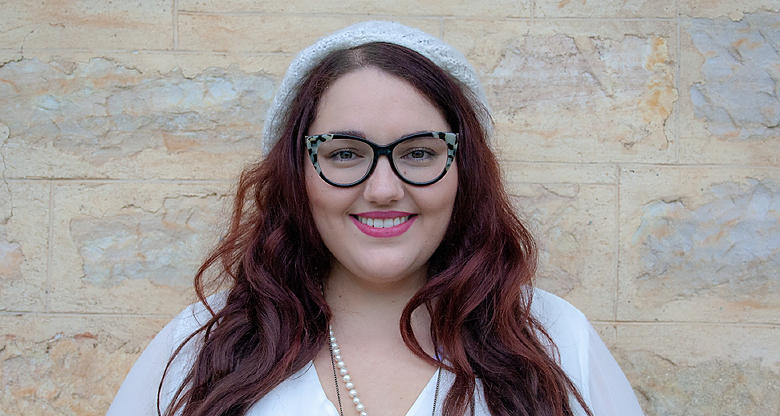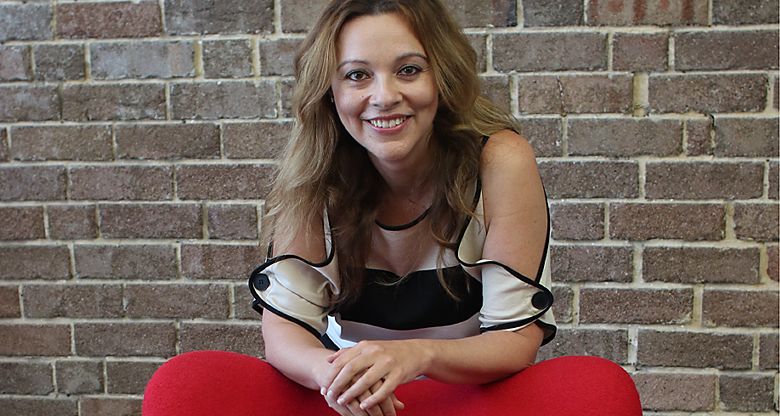Like many other nations, the digital divide in Australia means that many individuals and communities can be excluded even as technology becomes more accessible. As the digital economy thrives, many business leaders strive to put digital inclusion at the forefront of their strategies. Among them, early movers seek to ensure everyone can benefit equally from breakthrough innovation.
One such leader, entrepreneur and technology pioneer is Esha Oberoi. Over 15 years ago, Esha founded Afea Care Services with a vision to revolutionise the care and experience of older Australians and people with disabilities. Afea matches clients with the right carers so they can remain in their own homes - and being a carer working in a nursing home provided Esha with a unique perspective.
Connecting individuals to the support they need has long been Esha’s passion. Early on, she recognised that on some days the carer is the only person a client will interact with, making human interaction crucial.
Afea now employs more than 700 staff, and the growth journey provided insights, energy, and inspiration for her latest venture, Leora. Esha describes Leora as an online self-care coach, or a chatbot, that triages mental health issues through clinically validated assessments and self-help tools.
Esha’s mission is to redefine the experiences of those without access to mental health support using technology. Esha says that in rural areas, wait times for mental health professionals can be up to six months due to clinician shortages. Her experience in disability services and seeing the impact of the pandemic on people’s physical and mental health provides additional motivation.
For Esha, technological advancements offer an opportunity to extend support to many vulnerable Australians, often those who need it most. However, the combination of the Leora digital platform and its connections to human professionals holds far greater power than tech alone.
Bringing purpose to product
Her experience with Afea helped Esha fine tune existing business strategy and leadership skills. However, all the technical aspects of developing Leora, like e-psychology and digital design, meant she had to upskill.
Esha set about absorbing domain knowledge through a range of avenues - large amounts of reading, listening to podcasts and speaking to experts were just some. Others included recognising the need to have the right people around her and “turning to peers and mentors about product development and specifically artificial intelligence innovation."
In the process of learning about technology, developing the chatbot and harnessing the potential of AI, Esha says the roles that technology and humans can play became clearer.
"What sets humans apart is our level of consciousness,” Esha says. "I believe there is a difference between intelligence and consciousness. While the world often prioritises intelligence, with the emergence of technologies like artificial intelligence, intelligence can now be replicated and replaced."
"As human beings, we have the potential for much more impact and purpose if we bring heart and a purpose-led mindset into our work. That’s something machines can’t replicate," Esha says.
Digital transformation of mental health treatment
In seeking to use AI advancements to bring mental health to more Australians, Esha says it starts with understanding which parts of the process can be digitised and when to prompt connections with professionals.
Esha explains that although mental health diagnoses and treatment vary, some techniques employed in therapy are repetitive. For instance, whether a person is experiencing stress due to a job change or a move to a new location, the therapist would apply similar examination techniques.
"We intend to automate these techniques in an engaging conversational AI bot, which is the primary feature of Leora," Esha says. "Typically, a therapist could provide an eight-week treatment plan online, delivered in a question-and-answer (Q&A) program that can lack stickiness."
The design of Leora focuses on providing an engaging, accessible experience to ensure people complete their treatment plan. Esha wants Leora to be available 24/7, prioritising efficacy as the third critical aspect.
The Leora team have also conducted early research with the University of Sydney and released a peer-reviewed paper that validates the efficacy of a mental health chatbot to complement human-led therapy.
This research has led Esha to include a marketplace in Leora, allowing users to connect with a therapist or counsellor immediately within the application. User testing has shown that individuals want quick access to a therapist if they need to chat with someone, even when they can do some self-directed care and exercises.
Advancing impact, one step at a time
Ultimately, Esha wants to ensure that she is building the business, as growth equates to bringing support to more people. As a leader, every day she sets a small goal to do better than yesterday, keen to stay out of her comfort zone and constantly test her capabilities.
"I’m also inspired to inspire others to do better, not aggressively, but collaboratively," she says. "Humans often limit themselves because of the SMART (Specific, Measurable, Achievable, Relevant and Time-bound) framework for goal setting. Goals should be expansive not restrictive.”
Esha notes that when she set out to create a business based on positive impact, she focused on growing herself and profoundly impacting someone else's life. That’s why she advises others to trust their instincts and believe in themselves.
"Materialistic things are not motivating enough for me," she says. "What wakes me up in the morning is the drive to bring about real impact and inspiration to others.”
Sign up to the Women in Focus newsletter for updates on our community and events, and more content like this.







